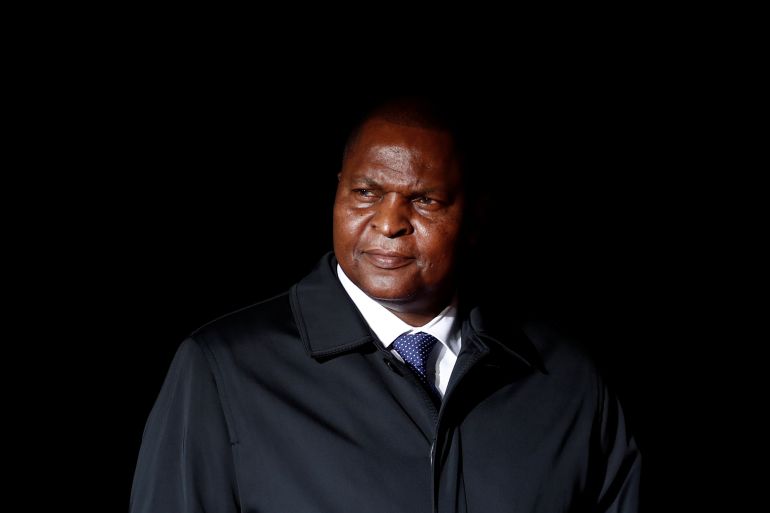Opposition cries foul as voters in CAR approve tenure elongation
President Touadera’s rivals have said he is seeking life presidency of the Central African Republic.

Opposition leaders in the Central African Republic (CAR) have condemned the adoption of a controversial draft constitution that paves the way for presidential tenure elongation in the volatile country.
Mathias Morouba, head of the national poll body announced on Monday that voters cast 95.27 percent of their ballots in favour and 4.73 percent against, with a turnout of 61.10 percent in the referendum which began on July 30.
Keep reading
list of 4 itemsIndian spies linked to killings, tracking dissidents abroad: What we know
‘I blame the government’: Poor Kenyans say no support amid record flooding
Humza Yousaf resigns as Scotland’s first minister
President Faustin-Archange Touadera is now eligible to run for another term in 2025. If elected, he could spend 16 years at the helm.
In response, his rivals have said the president is seeking a life presidency.
“It’s a comedy … we’ve all seen that people didn’t go out to vote and it doesn’t reflect the will of the Central African people”, said Crepin Mboli-Goumba, coordinator of the BRDC opposition coalition.
The constitution will now replace the current one that only allows presidents to serve two four-year terms. It also allows for the position of a vice president and a unicameral legislature, binning its Senate.
According to reports, there was a low turnout, especially in the capital. In one location in Bangui on July 30, a Reuters reporter saw only two dozen people in the queue.
The CAR has struggled to find stability since independence in 1960.
Touadera was elected in 2016 and was returned for a second term four years later despite widespread accusations of electoral flaws and a continuing rebellion against his rule after years of civil war.
His allies proposed the rule change in May last year, arguing that presidential term limits were uncommon in many neighbouring countries. Critics and opposition parties held protests last year.
The president installed a commission to draft the proposed changes in September. But the country’s top court ruled the committee unconstitutional and annulled it.
Albert Yaloke Mokpem, a presidential spokesman confirmed to the press in July that dozens of fighters from Russia’s Wagner mercenary group arrived in the country before the referendum, to provide security.
The group has become a steady presence in the country after Touadéra turned to Russia for help in fighting off the rebel groups.